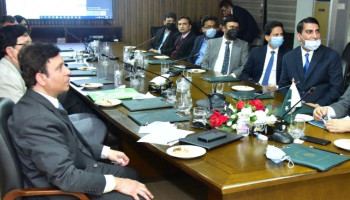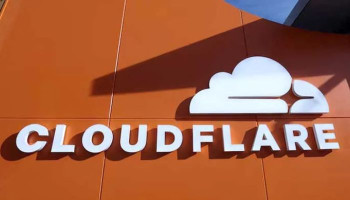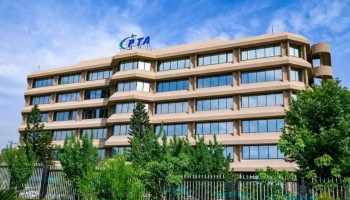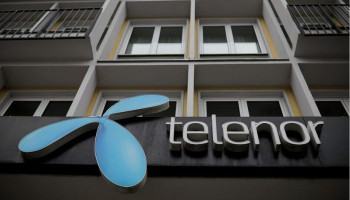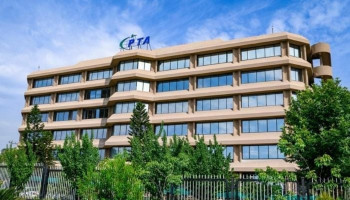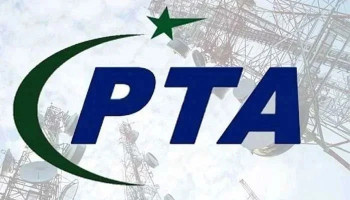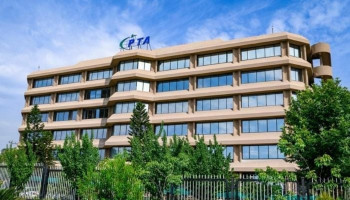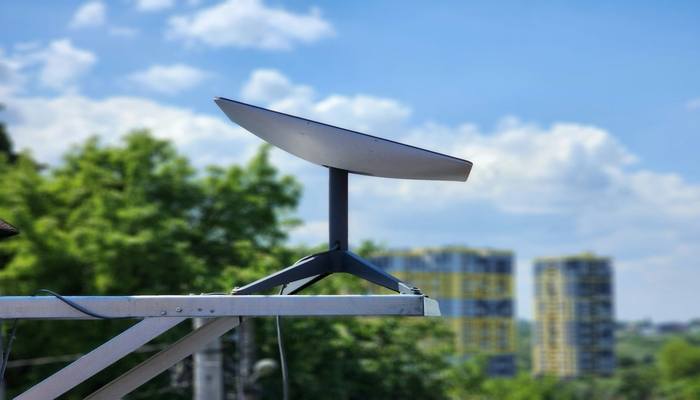
Pakistanis have long been dreaming of embracing satellite internet while the world has long been making the most of it. However, now it appears that the Pakistan Telecommunication Authority (PTA) is willing to change that, as it is expected to issue licences within one to two weeks.
The satellite internet licences shall only be given to the companies that meet all registration requirements to launch satellite internet in the country.
It must be noted that only satellite internet firms registered with the Pakistan Space Activities Regulatory Board (PSARB) will be eligible for the new licence.
To facilitate this rollout, a dedicated Satellite Directorate has been established at PTA headquarters in Islamabad. Operating under the Wireless Division, this directorate will manage licensing matters for satellite internet service providers and ensure regulatory compliance.
Citing PTA sources, Samaa.tv reported that to simplifying the application process, the telecom authority has already prepared a streamlined single licence format for satellite internet providers.
The PTA has also submitted its recommendations on regulatory rules to the Pakistan Space and Upper Atmosphere Research Commission’s (SUPARCO) regulatory body (PSARB). Once these rules receive approval and company registrations are complete, licences will be issued promptly.
It was confirmed that eligible companies could receive licences within one to two weeks after fulfilling eria.
On August 8, the PTA announced a significant policy shift, stating that companies providing satellite internet services will no longer need to obtain multiple Local Loop (LL) licences.
Under the new licensing framework, a single licence will suffice for satellite internet operations nationwide. This change aligns with the Telecom Policy 2015 and is expected to streamline the regulatory process.
The revised licensing model will allow companies like Starlink to replace fourteen individual Long Distance and International (LDI) licences with a single national permit.





